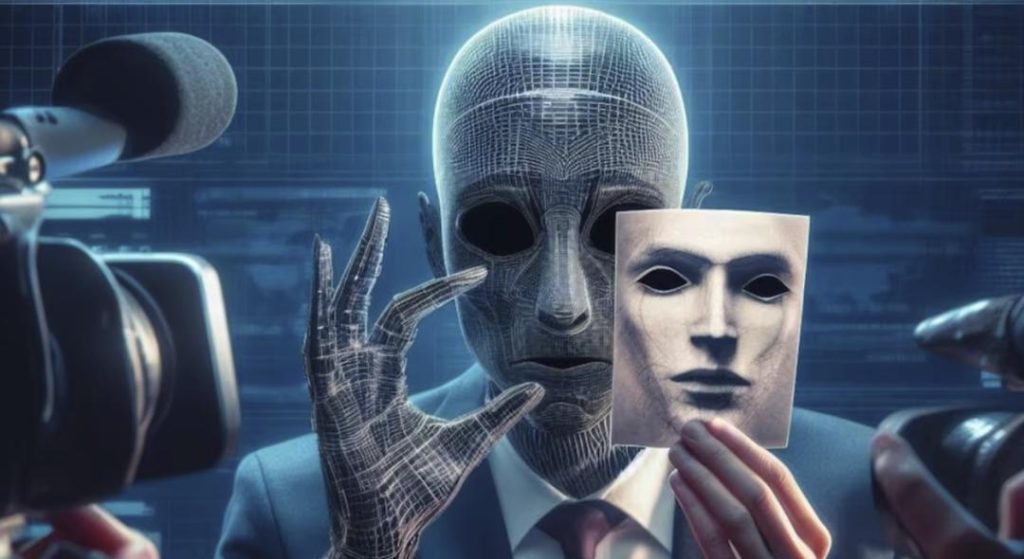
Denmark to Let Citizens Copyright Themselves to Fight AI Deepfakes
In a bold move to combat the growing threat of AI deepfakes, Denmark is set to propose a groundbreaking law allowing citizens to copyright their face, voice, and body. This innovative legislation aims to empower individuals to reclaim control over their digital identities and demand takedowns of unauthorized AI-generated content.
The proposed bill, backed by broad political support, would grant citizens a unique intellectual property right, enabling them to protect their likeness and prevent its unauthorized use in AI-generated content, including deepfakes, fake videos, and manipulated images. This move is seen as a crucial step in addressing the increasing concerns around AI-generated content and its potential to spread misinformation, harassment, and even identity theft.
Deepfakes, a term coined in 2017, refer to AI-generated videos, images, or audio recordings that appear authentic but are, in fact, fabricated. These fake content can be used to spread false information, manipulate public opinion, and even impersonate individuals, causing serious harm to their reputation and well-being.
The proposed Danish law aims to strike a balance between protecting individuals’ rights and preserving the freedom of expression. It would allow citizens to demand the removal of unauthorized AI-generated content, while also ensuring that parody and satire are exempt from the law. This means that comedians, artists, and satirists would still be able to use AI-generated content for creative purposes, as long as it is clear that the content is fictional and for entertainment purposes only.
The law would also introduce harsh penalties for those who misuse or exploit AI-generated content, including fines and even criminal charges. This move is seen as a necessary step to deter individuals and organizations from using AI-generated content to spread misinformation or harm others.
The proposed law has received broad support from Danish lawmakers and experts, who believe that it is essential to address the growing threat of AI deepfakes. “This law would be a game-changer in the fight against AI-generated content,” said Anders Kühnau, a Danish lawmaker who has been advocating for the legislation. “It would give citizens the power to reclaim control over their digital identities and prevent the misuse of their likeness.”
The proposed law is also seen as a potential model for other countries to follow. As AI-generated content becomes increasingly prevalent, governments around the world are grappling with the challenges of regulating this new form of media. Denmark’s proposed law could provide a framework for other countries to adopt similar legislation, helping to create a global standard for AI regulations.
The implications of this law are far-reaching, and it has the potential to impact various industries, including entertainment, media, and advertising. If passed, the law could lead to a significant shift in the way AI-generated content is created, distributed, and consumed.
In conclusion, Denmark’s proposed law to allow citizens to copyright themselves is a groundbreaking move that could have significant implications for the fight against AI deepfakes. By empowering individuals to reclaim control over their digital identities, the law aims to create a safer and more accountable online environment. As the world grapples with the challenges of AI-generated content, Denmark’s proposed law is a step in the right direction towards establishing global standards for AI regulations.
Source:
https://www.breezyscroll.com/world/europe/denmark-copyright-law-ai-deepfakes/



